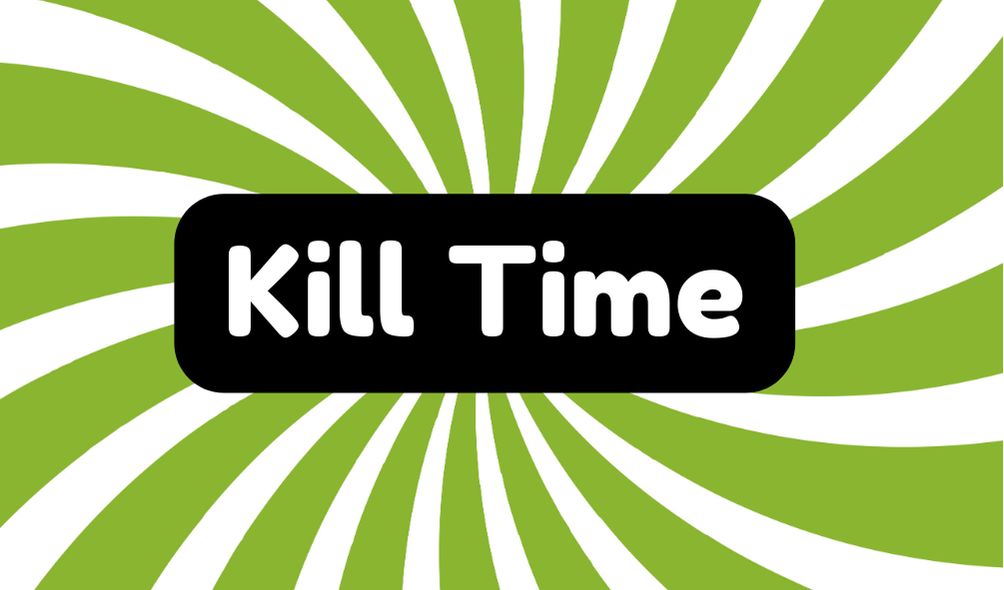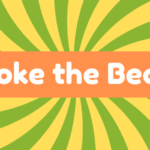The phrase "kill time" means engaging in activities to occupy idle moments, often highlighting the quality of those choices. Its origins trace back to ancient leisure practices, where recreational activities were recognized for their cultural value. Today, synonyms like "pass the time" and "waste time" reflect a spectrum of engagement from mindless distractions to purposeful leisure. For instance, "I killed time at the cafe by reading." The modern fast-paced lifestyle, with distractions like smartphones, makes this concept particularly relevant. Evaluating leisure choices can lead to greater fulfillment and personal growth. Further exploration reveals even more insights into this common phrase.
Synonyms
When seeking alternative expressions for "kill time," various synonyms come to the forefront that encapsulate the essence of engaging in non-productive activities during idle moments. Terms like "pass the time," "fill the void," and "waste time" illustrate a somewhat critical perspective on leisure activities. These synonyms reflect a broader challenge in time management, as they often convey a sense of aimlessness.
- "Pass the time" emphasizes a lack of purpose.
- "Fill the void" suggests an attempt to avoid boredom.
- "Waste time" carries a negative connotation of unproductive use.
While engaging in such activities, individuals must recognize the fine line between valuable leisure activities and mere distractions that detract from more meaningful pursuits. Understanding this distinction is essential for effective time management.
Example of Sentences
Engaging in activities that kill time can illustrate the diverse ways individuals navigate periods of waiting or boredom. While it may provide momentary relief, it's crucial to reflect on the implications on time management and the efficacy of leisure activities:
- Casual distractions can lead to mindless behaviors that hinder personal growth.
- Investing in more enriching pastimes may enhance cognitive skills and emotional well-being.
- Mindfully selecting leisure activities can transform periods of waiting into productive opportunities.
Origin
The origin of the phrase "kill time" can be traced back to ancient practices where leisure was interwoven with the human experience. Activities such as ancient games provided not only entertainment but also reflected the cultural significance of time management. The evolution of this expression underscores how various recreational trends influenced societal views toward idleness and leisure.
| Historical Reference | Significance |
|---|---|
| Ancient Games | Highlighted cultural pastimes |
| Early Literature | Documented earliest uses |
| Recreational Evolution | Shifted perceptions of time |
From the simple mechanisms of measuring time with sticks to the colloquial incorporation of "killing time," these shifts reveal a complex relationship with how we value our idle moments.
Collocations
Collocations related to the phrase "kill time" illustrate its usage within everyday language and the types of activities commonly associated with idleness. These collocations reveal a blend of leisure activities that, while seemingly innocuous, often highlight a lack of effective time management. Understanding these phrases can provoke a more critical perspective on how we spend our idle hours.
- Killing time in waiting rooms: Frequently leads to unproductive moments.
- Killing time on weekends: Raises concerns about balancing leisure with meaningful engagement.
- Killing time during commutes: Emphasizes the potential waste of valuable productivity.
Exploring these collocations reveals a critical opportunity for reflection on how we might better structure our leisure activities to enhance our overall well-being and efficiency.
How to Use in Everyday Language
In everyday conversation, the phrase "kill time" is frequently employed to describe activities that occupy moments of waiting or boredom. While such actions may seem harmless, it is essential to critically assess whether these pursuits truly represent valuable uses of idle moments. Engaging in productive distractions, like reading or solving puzzles, can enhance mental engagement and foster growth, rather than merely masking time. Conversely, scrolling endlessly through social media or mindlessly watching television can lead to wasted potential. Consequently, upon considering how we "kill time," individuals should aim for solutions that not only occupy their attention but also contribute positively to their personal development and well-being, turning idle moments into opportunities for enrichment rather than mere distraction.
Why Is It Still Relevant Today?
Often, the relevance of the phrase "kill time" persists in contemporary society due to our fast-paced lifestyles and the inevitability of waiting periods. In an age dominated by modern distractions, such as smartphones and streaming services, people frequently seek ways to fill idle moments. Leisure trends have evolved, emphasizing activities that not only serve as time-fillers but also engage us creatively or socially. However, this reliance on non-productive engagement raises questions about genuine leisure versus mere distraction. While it is essential to find ways to occupy ourselves, we must remain cautious not to let idle moments degrade into mindless consumption. Understanding the balance between effective leisure and time-killing behaviors is vital for cultivating a more meaningful relationship with our time.







